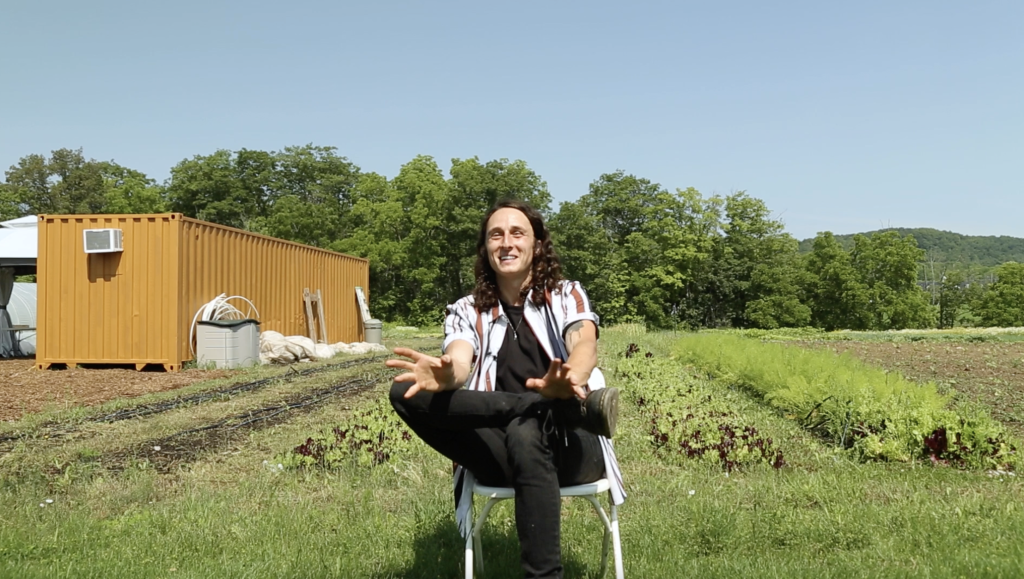Grazing goats recruited to eat away at a nasty plant problem in Mississauga
Published July 8, 2024 at 1:59 pm

Mississauga is turning to a common domesticated grazing animal to help fight the battle against harmful invasive plants in pockets of the city.
Call it a herd, a flock or a tribe, City of Mississauga officials have signed up dozens of goats in order to launch “a new and unique approach (to the area) to managing invasive plant species to help restore the city’s wetlands.”
The practice is known as prescribed goat grazing and involves the use of livestock to address management concerns in habitats adapted to grazing, such as meadows and prairies, officials note.
Mississauga officials will introduce 50 grazing goats at a media rollout of the strategy on Tuesday morning at O’Connor Park in Churchill Meadows in the city’s west end.
And then they’ll quickly put the gentle beasts to work.
“The goats will graze on invasive plant species including non-native thistles and Common Reed (Phragmites australis),” the city said in a news release.
Toronto unveiled a similar prescribed goat grazing pilot project in late June, letting the animals loose on the fields at Don Valley Brick Works Park for “an intensive two-day grazing session” to deal with woody and invasive plants.
Prescribed grazing is known to address such issues as invasive, non-native and non-compatible plant species in addition to woody vegetation encroachment, Toronto officials noted in an online project update last month It can also help improve the soil, they added.
Specifically, the practice helps control unwanted plant species such as:
- Buckthorn
- Autumn Olive
- Garlic Mustard
- Oriental Bittersweet
- Thistle
- Wild Parsnip
- Vetch
- Phragmites
- Poison Ivy
- Honeysuckle
At an Invasive Species Awareness Fair hosted by the City of Mississauga at Erindale Park in late May, officials provided information to visitors on invasive species and introduced them to goats and the practice of prescribed grazing.
Mississauga officials went public last summer with a plea to residents to help them in the fight against a number of invasive plants that pose a threat to the city’s natural environment.
The invasive pests can also be toxic to humans, the city noted at the time.
It’s an ongoing battle, according to officials, who encourage residents to do their part by reporting any invasive plants they come across.
Garlic mustard, giant hogweed, dog-strangling vine, wild parsnip, common reed, Japanese knotweed and tree of heaven are a few of the nasty species that people should be on the lookout for, officials said.
“Mississauga has a number of invasive plants and pests that threaten our natural environment,” city officials said earlier, adding some of the plants are also toxic to people.
Anyone who comes across any type of invasive plant is asked to report it to the City.
INsauga's Editorial Standards and Policies



